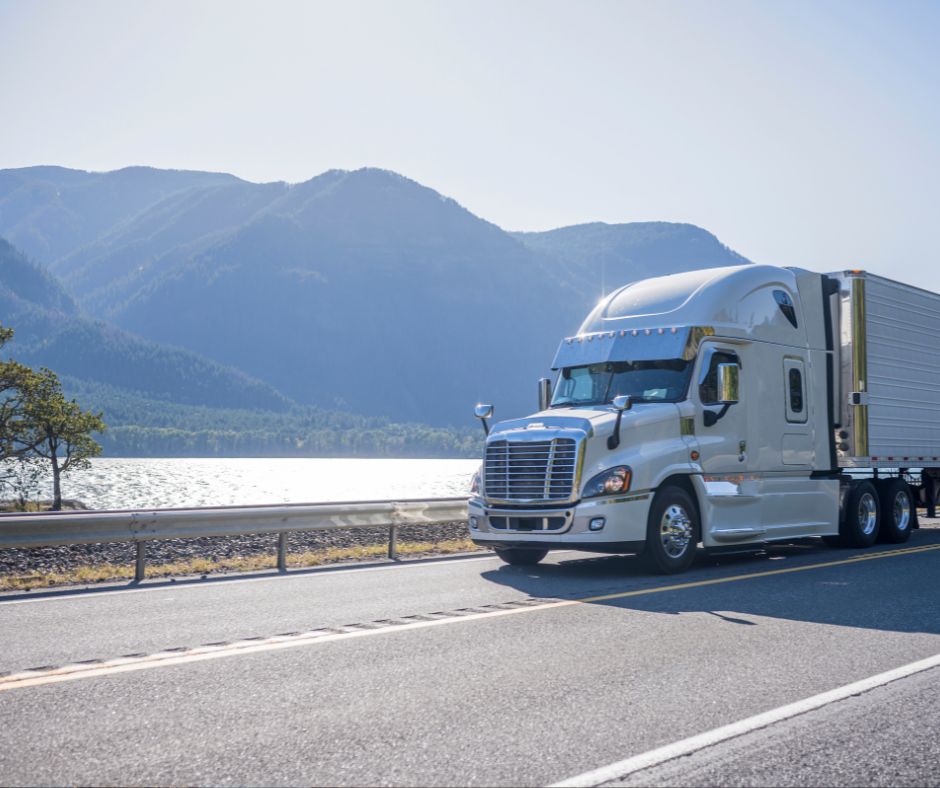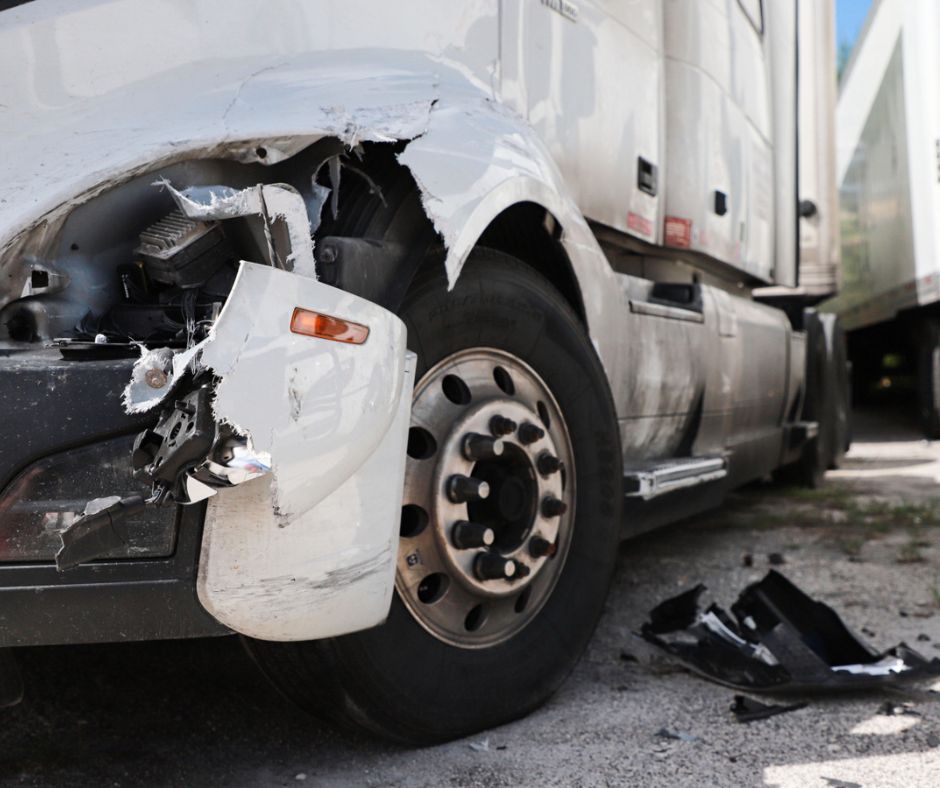Getting into an accident with a mail truck is always a possibility, especially in major cities. However, the claims process following a collision with a mail truck is very different from other types of accident claims since the United States Postal Service is a federal entity.
So, what happens if you get hit by a mail truck? Here’s an overview of mail truck accidents in California and the complexities of filing a claim or lawsuit.
Is A Mail Truck Accident Common?
While accidents involving a mail truck aren’t as common as other types of crashes, they do account for a surprising number of claims. According to an annual report released by the USPS, the United States had 26,110 reported crashes involving a mail vehicle in 2020. That’s about 70 crashes per day throughout the country. While there were about 10% fewer accidents than the previous year, it still indicates that there are frequent issues with driver safety. Another thing to keep in mind is that one could attribute this reduction in crashes to the COVID-19 pandemic since there were fewer people on the road.
But how do the number of mail truck crashes compare to the total number of accidents throughout the US? Based on the total nationwide crashes reported by the Bureau of Transportation Statistics, 1 out of every 200 accidents involved a mail truck in 2020. All in all, mail truck accidents are more common than one might think.
The First Things To Do After Being Hit By A Mail Truck
Like any accident, the first thing you should do after a mail truck crash is seeking medical help. Even if you don’t believe you have serious injuries, have a doctor check for conditions that don’t result in immediate symptoms, such as whiplash or internal bleeding.
If possible, we recommend you document as much of the accident as possible. Some of the most helpful pieces of evidence are photographs, videos, police reports, and witness statements. All of these play a significant role in building your claim and help show your side of the story.
How A Mail Truck Accident Lawsuit Differs From Other Claims
Mail truck collision claims aren’t the same as other types of accidents. Instead of filing a claim with an insurance company, claimants must pursue compensation through the Federal Tort Claims Act (FTCA). This is a law that allows people to sue the U.S. government for any harm caused by a federal employee. However, there are very strict protocols the claimant must follow when making a claim under this act, so it’s essential that you have a lawyer with experience pursuing claims through the FTCA.
How To File A Mail Truck Accident Claim
After an accident, the claimant must first file a copy of Standard Form 95 with the appropriate federal agency. On this form, the claimant lists the date, time, and location of the accident, along with the extent of their damages. This includes both property damage and personal injury. Next, they need to include:
- Names of any potential witnesses of the crash,
- The total amount of their claim, and
- Details about their insurance coverage.
After filing this form, USPS has six months to respond to the claim and attempt to resolve it. If they deny your claim, you also have six months from the date of denial to file a lawsuit. However, most claims settle before reaching this point, depending on the circumstances.
Consider Speaking With An Experienced Attorney
Even if you know what happens if you get hit by a mail truck, you may still have questions about your particular situation. If so, contact the lawyer at Silva Injury Law. From day one, we treat clients like they’re family and go the extra mile when advocating for their recovery. We can help gather evidence, negotiate on your behalf, find medical care, and more. Most importantly, we don’t have any upfront fees or costs. To schedule a free consultation with one of our attorneys, send us a message or give us a call. We serve clients throughout California from our offices in Monterey, Modesto, Merced, and Turlock.
At Silva Injury Law we promote healing through compassionate advocacy. With each case tailored to the individual, we look our for your best interests by evaluating your unique circumstances. Contact us today for a FREE in person or remote consultation.


















 EMAIL
EMAIL  AI-search
AI-search  Access
Access